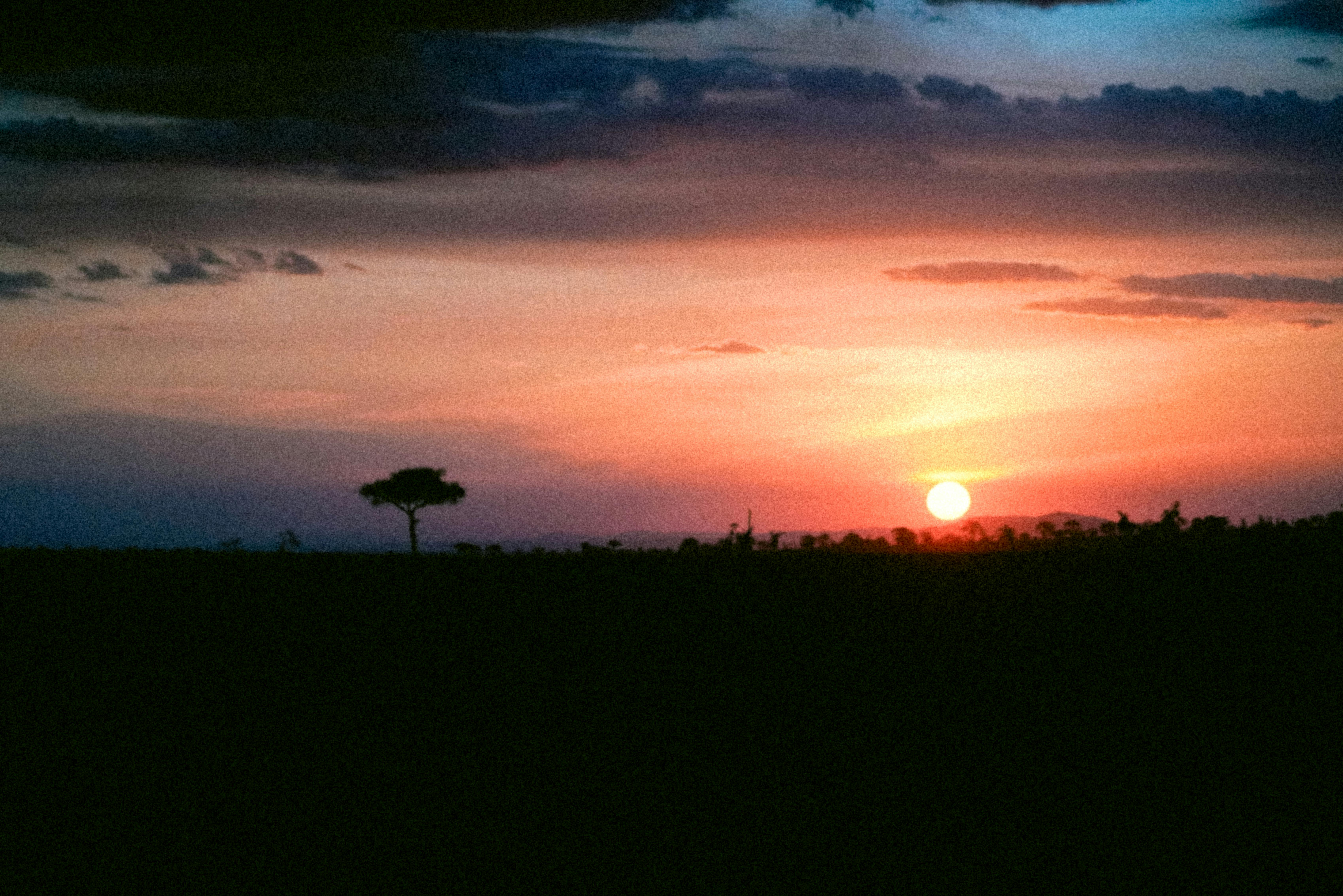🍲 Tangia: Traditional Moroccan Clay Pot Stew from Marrakech
- Get link
- X
- Other Apps
If you’ve ever wandered the vibrant streets of Marrakech and caught a whiff of something savory wafting from a clay pot, you were probably smelling Tangia—the city’s beloved slow-cooked meat stew. Made in a traditional urn-shaped pot, this dish is deeply tied to Moroccan culture and is unlike anything else you’ll try in the country.
Marrakech, the Red City, is full of bustling markets, colorful souks, and the fragrant air of spices. But if you want to truly taste the heart of this place, you need to dive into one of its most beloved dishes: Tangia.
This hearty, slow-cooked meat stew is more than just food; it’s a Marrakechi tradition passed down through generations. The beauty of Tangia lies in its simplicity—fresh ingredients, patience, and the perfect cooking method.
🏺 What Is Tangia?

🌍 A glimpse of our beautiful world – photo by travelers_tw via Pexels.
At first glance, Tangia seems like any other Moroccan stew. But it’s the clay pot (also called a tangia) that sets this dish apart. This narrow-necked, heavy pot is designed to trap heat and moisture, cooking the meat slowly to tender perfection.
When I visited Marrakech, I remember watching a local cook drop a lamb shank, garlic, cumin, saffron, preserved lemon, and olive oil into a tangia pot. After sealing it with parchment paper, it was handed off to the neighborhood hammam (bathhouse) to cook in the hot embers.
Fun fact: Tangia is often cooked by men, a tradition dating back to when men in Marrakech’s working-class community would prepare it in the hammams while they worked. The slow cooking process was not just about food—it was about community, patience, and shared experiences.
🍋 Ingredients & Preparation
The magic of Tangia comes from its simple yet powerful ingredients. Here's what you’ll find in a traditional recipe:
-
Lamb or beef (traditionally, shank cuts)
-
Preserved lemon for a tangy kick
-
Garlic and cumin for deep, savory flavor
-
Saffron (or turmeric) for that warm golden hue
-
Olive oil or smen (Moroccan ghee) for richness
The ingredients are placed raw in the pot and cooked slowly. The tangia is sealed tightly and allowed to cook over low heat—either in a traditional hammam furnace or in a regular oven at home.
🔥 Where It’s Cooked
Tangia isn't just a dish; it’s a community event. The pot is traditionally placed in the embers of a hammam furnace, which keeps the temperature just right for slow cooking. When I visited, I was amazed by how the whole neighborhood would gather, waiting for their tangias to finish cooking, eager to share the meal.
The result is a dish where the flavors are perfectly melded: tender, flavorful meat that falls off the bone, with a sauce so rich you’ll want to sop it up with the Moroccan bread, khobz.
🍽️ How to Eat Tangia
The best part of Tangia is how it’s served: straight from the pot. There are no plates, no formalities—just a big, hearty meal to be shared among friends and family. You tear off pieces of khobz and scoop up the tender meat and sauce. It’s communal dining at its finest.
💬 What Surprised Me About Tangia
When I first tried Tangia, I wasn’t expecting much—after all, it’s a humble dish. But the depth of flavor, the tender meat, and the communal spirit of sharing made it unforgettable. If you ever find yourself in Marrakech, do yourself a favor and seek out a traditional Tangia—it’s a true taste of the city.
🎥 Watch How It’s Made
Here’s a video I found that shows how Tangia is prepared the traditional way. It’ll give you a glimpse of the process—and maybe even inspire your next trip to Marrakech!
Traditional cooking method shown below
🍲 Jamie Oliver’s Moroccan Tangia | Jamie Does Marrakesh
Join Jamie Oliver in the heart of Marrakesh as he explores the traditional preparation of Tangia, a beloved slow-cooked dish unique to the city. Experience the rich flavors and cultural heritage that make Tangia a Moroccan culinary treasure.
🍽️ Discover the secrets behind this iconic dish and how it's traditionally cooked in clay pots buried in hot ashes.
💬 Have you tried making Tangia at home? Share your experiences and tips in the comments below!
📝 Join the Conversation
Have you tried Tangia before? What was your experience like? If not, would you try this slow-cooked stew on your next trip to Marrakech? Drop a comment below—I’d love to hear your thoughts!
- Get link
- X
- Other Apps

Comments
Post a Comment